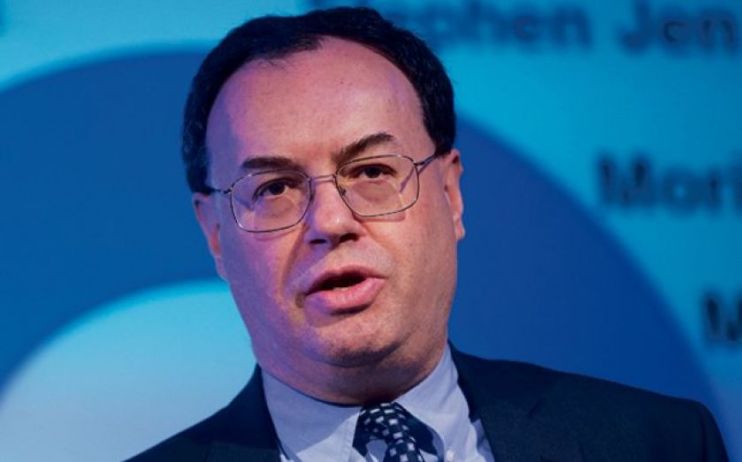New Bank governor seems open to battle of ideas

Andrew Bailey will take the governor’s seat at the Bank of England later this month amid a global health emergency that threatens to undermine the world economy and shape the Bank’s course of action for many months to come.
So pressing is the issue that Bailey has effectively started work early, telling the Treasury Select Committee yesterday: “I have been engaged on it this week.”
He may be itching to start the new job but the message from MPs was “not so fast.” They had questions for him — lots of questions. This gave the incoming governor (and outgoing head of the Financial Conduct Authority) an opportunity to muse on pension freedoms, climate change, staff mental wellbeing, cryptocurrencies, the virtues of free-trade (he’s a big fan), corporate culture and Brexit. But it was his record at the FCA that dominated the opening exchanges.
Committee veteran (and former scourge of Mark Carney) Steve Baker kicked off with a polite warning that he was going to ask “some very uncomfortable questions” many of which were drawn from a document produced by Gina Miller, the anti-Brexit campaigner who has forged a new role as an anti-Bailey campaigner.
Miller is opposed to Bailey’s appointment on the grounds that the FCA was apparently asleep at the wheel during a number of scandals (such as the collapse of London Capital & Finance) which saw thousands of savers lose their money.
Bailey remained calm, at times even cerebral, during these questions. If he was aware of Miller sitting two seats behind him, he didn’t show it. His main line of defence was that the FCA’s predecessor, the FSA, was responsible for 2,500 firms whereas these days the organisation oversees more than 50,000 companies with a range of new issues, sectors and services to deal with and that the government hasn’t always ensured that the regulator’s remit is as wide as it could be.
Savers who lost everything may not have been charmed by his answers, but it was a competent and confident tour of the issues that will dominate his term at the Bank. As for the committee itself, chair Mel Stride lacks the inquisitorial panache of Andrew Tyrie but he may yet grow into the role. It’s also encouraging to see new Tory MP and former head of what was the British Bankers Association, Anthony Browne, bringing his experience to bear.
These hearings are a vital opportunity to peer into the Bank of England and for his part, Bailey seems more open to debating ideas than the more technocratic Carney ever was. That might lead to some interesting committee outings down the line. After all, there certainly won’t be a shortage of interesting topics.
Main image: Getty
